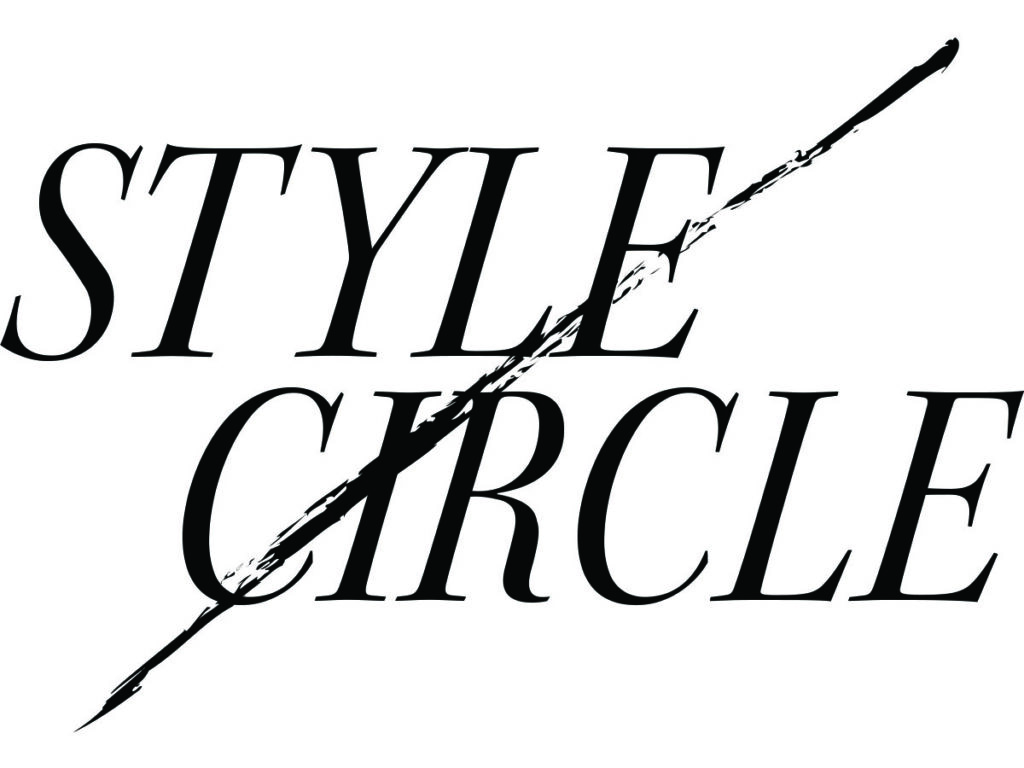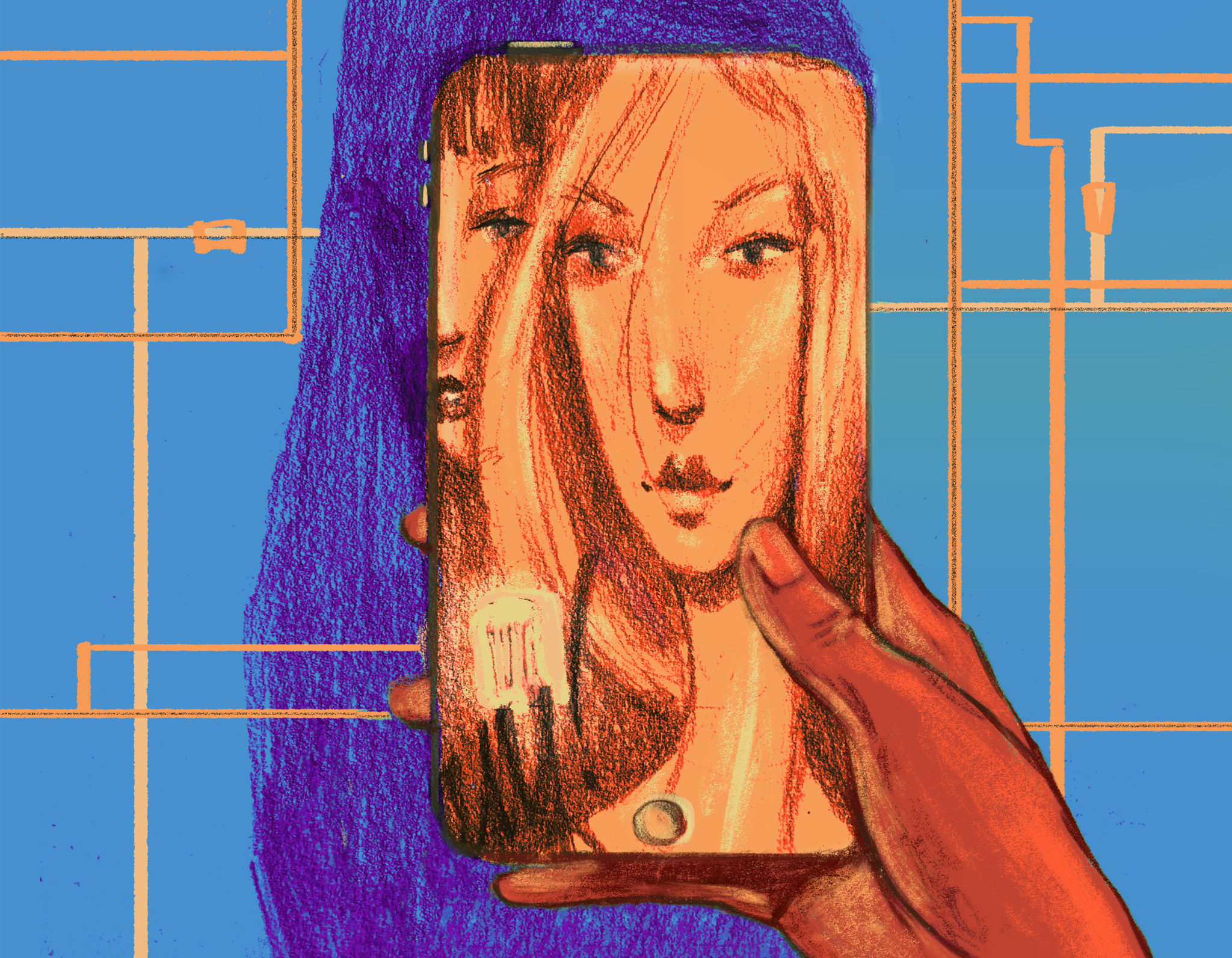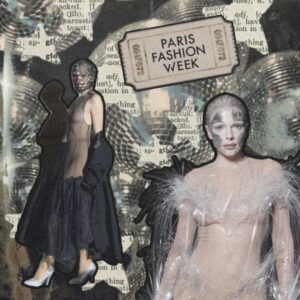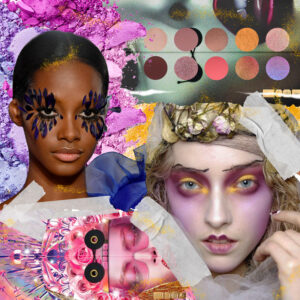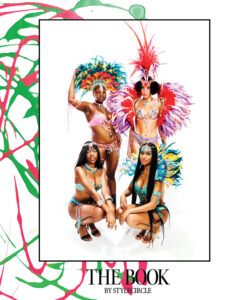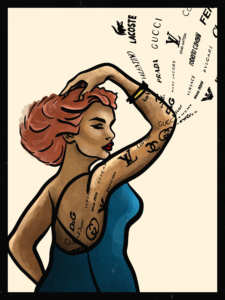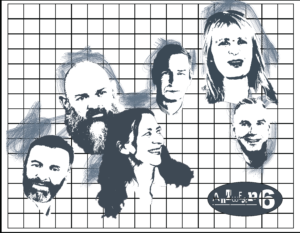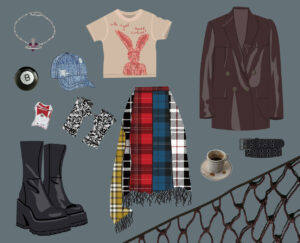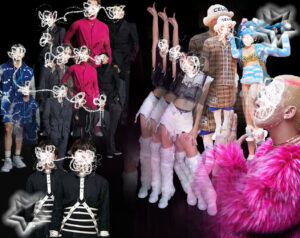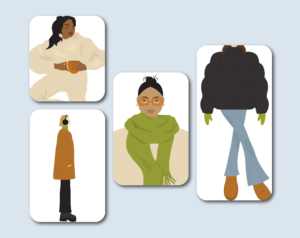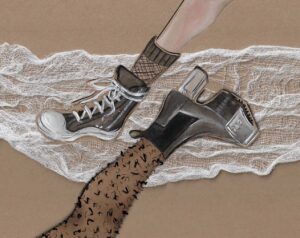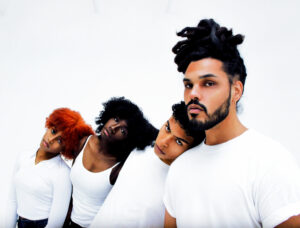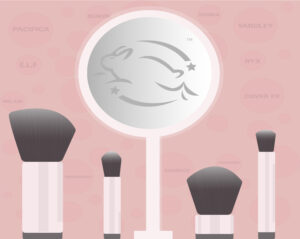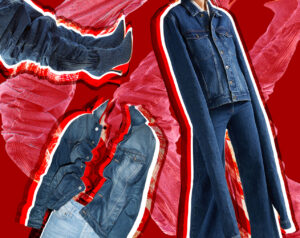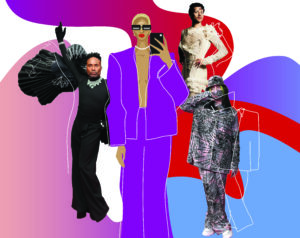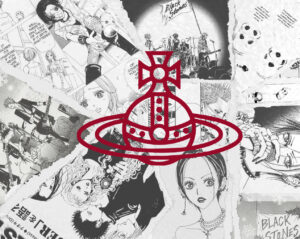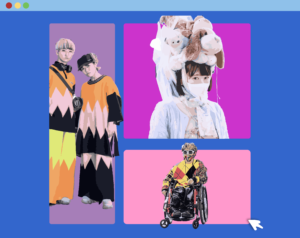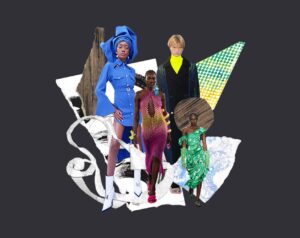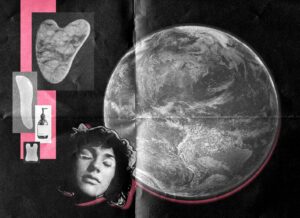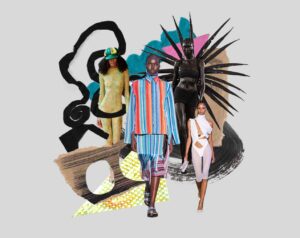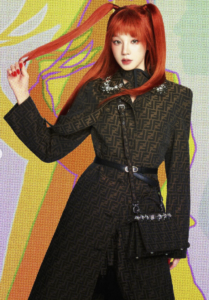GRAPHIC DESIGNER Lydia Charron
It has been about 2 years since I stumbled upon an eery Instagram photo that looked so deeply familiar. The digitally manufactured Lil Miquela and her pictures were by no means an unfamiliar image on Instagram’s explore page, by flicking through rows of photos the question of “Is she real” remained days later. The answer is no, the virtually rendered personality now holds an editorial position at Dazed Beauty and a handful of songs under her 3D rendered ALYX belt.
Highsnobiety covered the phenom in their 16th Issue in April 2018, unearthing Brud and the duo of Trevor McFedries and Sara Decou not only behind Miquela, but her peers Blawko22 and Bermudaisbae. The three creations have created their own world, having played out relationship scandals between three Instagram pages. As many people have come to know, the digital personalities act as a critique on the generic and disingenuous influencing that Instagram has come to be home to.
Real people, those who exist outside of the digital realm, have perfected the facades that Brud’s bunch of personalities overtly assume to fabricate their calculated identities. Breaking into the business of being an influencer is a sort of digital gold rush, and with people readily chasing the opportunity, the criticism is justified. Whether Brud had meant for their creations to act as a magnifying lens on a still new and abstract digital trend, it quickly became one.
What seems to be Brud’s saving grace is the fact they aren’t taken too seriously, and they don’t want to be. Brud has made it obvious that they are content with creating their own digital reality through characters, plot lines and creative endeavors that mime the social reality we find ourselves in. This directly contrasts the work of Calum James Wilson, creator and founder of Diigitals Modelling Agency.
Wilson is well known for his model Shudu, a long slender midnight black creation, the perfect super model. Shudu, or Wilson rather, was met with praise and awe, as well as extensive criticism which Lauren Michele Jackson tackles in her article “Shudu Gram Is a White Man’s Digital Projection of Real-Life Black Womanhood”. Diigitals is now composed of 7 fully digital models and is “the world’s first all digital modelling agency”. Jackson’s sentiments can’t help but be echoed, the Diigitals try to position themselves in an already established modeling industry that struggles with equitable opportunity for marginalized folk.
“Wilson’s creations, on the other hand, seem to fall short and feed into the issue of black/brown bodies being consumed and interchangeable in spaces they have yet to receive respect in.”
Although Wilson has defended his agency against the idea of taking away opportunities from real bodies. The founder mentions the cost of digital modeling is still too expensive for it to ever be impactful, which still seems to miss the point. The discourse of diverse bodies has only just begun and using digital representations of real folks that still struggle to see the spotlight seems premature.
Part of the staying power in Brud is all of their digital identities follow the generalized templates to influencing, asking questions of the person behind the online presence.
“Ultimately, followers and digital impressions are what makes the platform for different folks to be seen and heard, the miracle of the internet and of access.”
Wilson’s creations, on the other hand, seem to fall short and feed into the issue of black/brown bodies being consumed and interchangeable in spaces they have yet to receive respect in. For as long as issues like Elle Germany’s horror “back to black” and Vogue’s misidentification of journalist Noor Tagouri exists the conversation is still very much real about diverse representation.
Influencing, however, remains a strange new space. Ultimately, followers and digital impressions are what makes the platform for different folks to be seen and heard, the miracle of the internet and of access.Miquela and her peers are amassing a cult following of supporters. Shudu, without all the pastiche captions and lifelike interaction, is close to 200k followers and counting. Eventually, the question will shift from what is ‘real’, or who is ‘real’, to whether or not people actually want what’s ‘real’.
